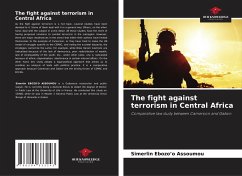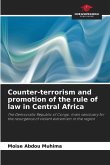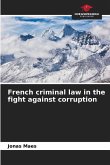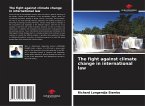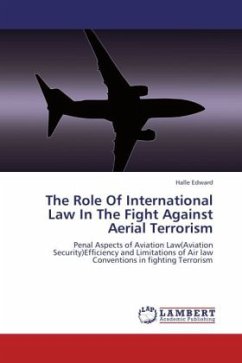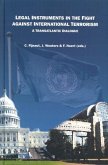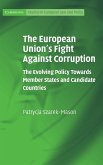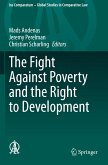As the fight against terrorism is a hot topic, several studies have been devoted to it. Some of them deal with it in a general way. Others, on the other hand, deal with the subject in some detail. All these studies have the merit of having proposed solutions to combat terrorism in the subregion. However, there are major weaknesses in the sense that either their authors have limited themselves to the example of Cameroon, or they have tried to make the UN model of struggle specific to the CEMAC, and noting the societal disparity, the strategies cannot be the same. For example, while Boko Haram Islamists are radicalized because of the lack of democracy, poor redistribution of wealth, lack of employability of the youth, etc., under other skies, one is radicalized because of ethnic stigmatization, interference in certain internal affairs. On the other hand, this study adopts a legal-political approach that allows us to combine an analysis of texts with political practice. It is a comparative approach because Cameroon and Gabon are the driving forces of CEMAC and ECCAS.

